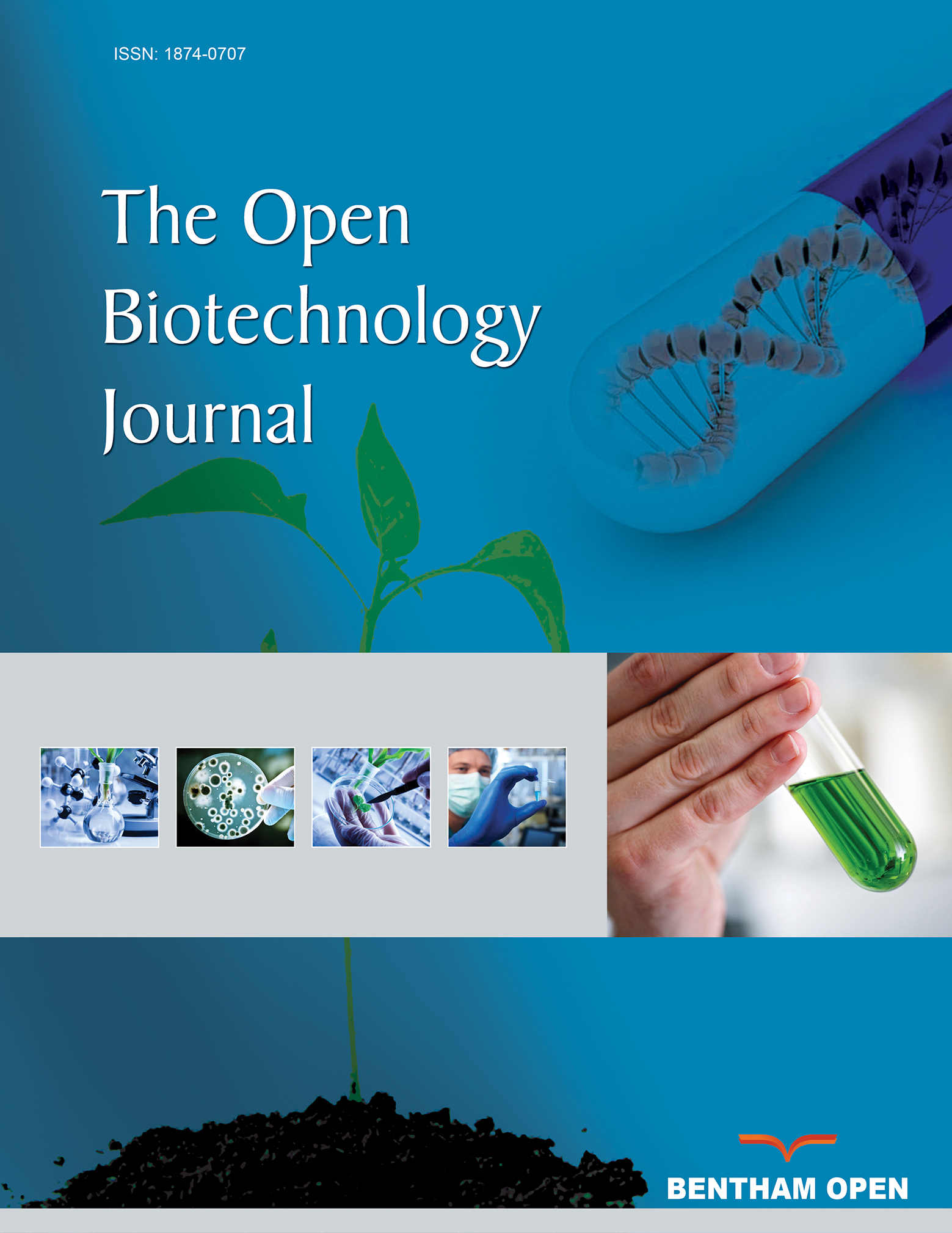All published articles of this journal are available on ScienceDirect.
A Membrane-Based Flow-through Hybridization Technology: A Rapid and Versatile tool for Molecular Diagnostics
Abstract
Genetic diseases remain an important cause of ailment, morbidity and death for children and adults. Despite the recent advances of tools for molecular diagnosis such as DNA chips and protein arrays which are capable of analyzing many genes, SNPs and proteins, few of these systems have been applied in clinical diagnosis because the apparatus are still expensive and many of the genetic tests are less likely to be developed commercially. Hence most genetic tests are still being performed through conventional methods such as Dot-Blot hybridization and Slot-blot hybridization in clinical laboratories worldwide. The expensive, time consuming and labor-intensive nature of these tests make them unaffordable for popular use. The availability of a low-cost diagnostic system will make molecular testing cost efficient and become readily available worldwide. In this report, we evaluated the Flow-through hybridization system. Our results show that Flow-through hybridization method produces higher sensitivity in 5 to 15 minutes compared to those obtained through conventional hybridization in hours to overnight respectively without sacrificing specificity. An apparatus can also be readily adopted for membrane-based home-brew tests, R&D development as well as other commercially available diagnostic kits, hence making the Flow-through method a useful tool for molecular diagnosis.


